South Korean Gaming Market Targeted by Australian Slots Manufacturer Aristocrat
Posted on: May 18, 2017, 02:00h.
Last updated on: May 18, 2017, 12:01h.
The budding South Korean gaming market is enticing casino industry companies into rethinking their marketing strategies. Slots manufacturer Aristocrat is the latest, as the Australian game maker is focusing on specialty themes that will appeal to this previously overlooked demographic.
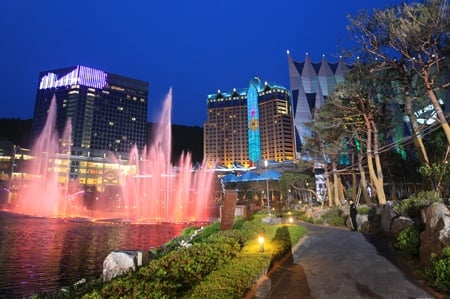
At the Global Gaming Expo in Asia this week, the technology provider revealed a new offering that targets the South Korean gambler. “5 Kings” is Aristocrat’s first Korean-centered slot machine, with the theme of the game revolving around the country’s mythology.
South Korea has 18 casinos, but residents are barred from entering all but one. That casino is the Kangwon Land in the Gangwon Province. The state-owned resort is in a remote section of the country built on the mountain of an abandoned coal mine. Despite what may appear to be its unusual location, it’s popular with both locals and tourists.
Kangwon Land accounts for roughly half of South Korea’s total gambling revenue each year. The casino has 200 tables, with the most (72) reserved for baccarat. The floor also has 1,360 slot and video gaming machines.
Pulling in a Demographic
Aristocrat said its decision to develop a gaming machine that appeals primarily to Koreans was in response to a growing number of citizens from the country traveling to foreign casinos. The company says South Korean players are increasingly occupying seats in other Asian nation casinos, primarily in Vietnam and Macau, the latter being China’s special gambling enclave.
And Aristocrat isn’t the only gaming manufacturer looking at South Korea. Sega Sammy is bidding on the market in a much more substantial way.
The conglomerate, which is headquartered in Tokyo, recently opened South Korea’s first integrated resort, Paradise City, in Incheon. That property, which is open to foreign players only, cost $1.2 billion, which Sega Sammy self-financed at 45 percent. Paradise Group, a Singapore company, paid the rest in with a 55-percent ownership stake.
Sega Sammy hopes its integrated resort partnership in South Korea will help its chances of landing one of Japan’s two forthcoming commercial casino licenses as well.
Global Gambling Directives
South Korean law bans its citizens from entering casinos, aside from that Kangwon Land exception. That technically includes when residents travel abroad, but of course, the country’s law enforcement arm doesn’t extend internationally.
Upon return, however, Koreans can legally be prosecuted if proven to have gambled overseas. And although it’s not common, it does happen. In 2016, the Korean Baseball Organization, the highest level of the sport in South Korea, suspended two veteran star pitchers for allegedly gambling in Macau, for example. The players were also fined.
And last week, news broke that South Korean pop celebrity Jung Jin-woo was headed to prison for one year. The former “K-pop Star” admitted to gambling online, while trying to pin the blame for his actions on his own stepfather when talking to federal authorities.
Article 246 of South Korea’s Criminal Act states, “In principle, any gambling activities (or speculative activities) are prohibited in Korea.” The law goes on to say that the decree “punishes a person who violates this provision by imprisonment of not more than three years or by a fine not exceeding twenty million won,” or roughly $17,000.
Related News Articles
Wynn Boston Harbor Paying Top Dollar to Demolish Nearby Homes
Tribe Plans to Challenge Feds on Lansing Casino
PAGCOR Auctioning Two Parcels of Land at Site of Solaire Casino
Most Popular
Las Vegas Overstated F1 Race’s Vegas Impact — Report
Vegas Strip Clubs Wrestle in Court Over Animal Names
ESSAY: Remembering ‘The Beatles LOVE’ in My Daughter’s Eyes
Most Commented
-
End of the Line for Las Vegas Monorail
— April 5, 2024 — 90 Comments -
Mega Millions Reportedly Mulling Substantial Ticket Price Increase
— April 16, 2024 — 6 Comments -
Long Island Casino Opponents Love New York Licensing Delays
— March 27, 2024 — 5 Comments -
Nearly Abandoned Mall Outside Vegas Soon to Have Only One Tenant
— March 12, 2024 — 5 Comments
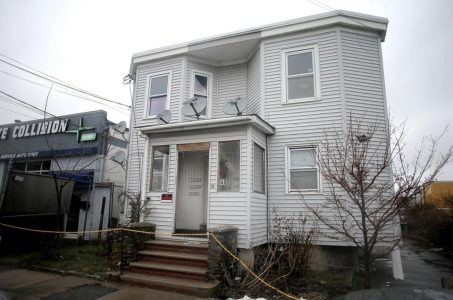
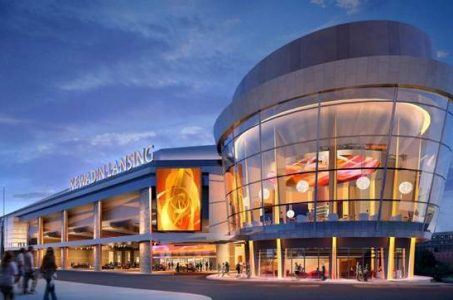
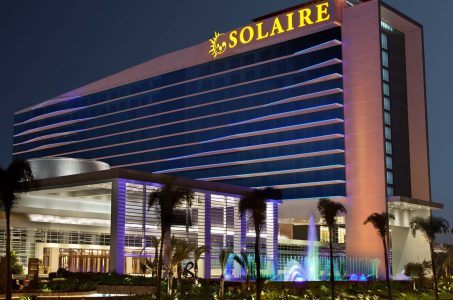
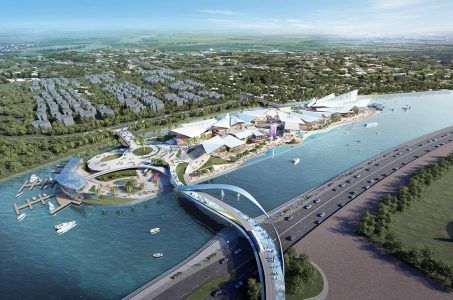










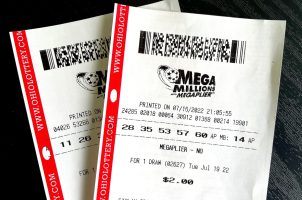

No comments yet